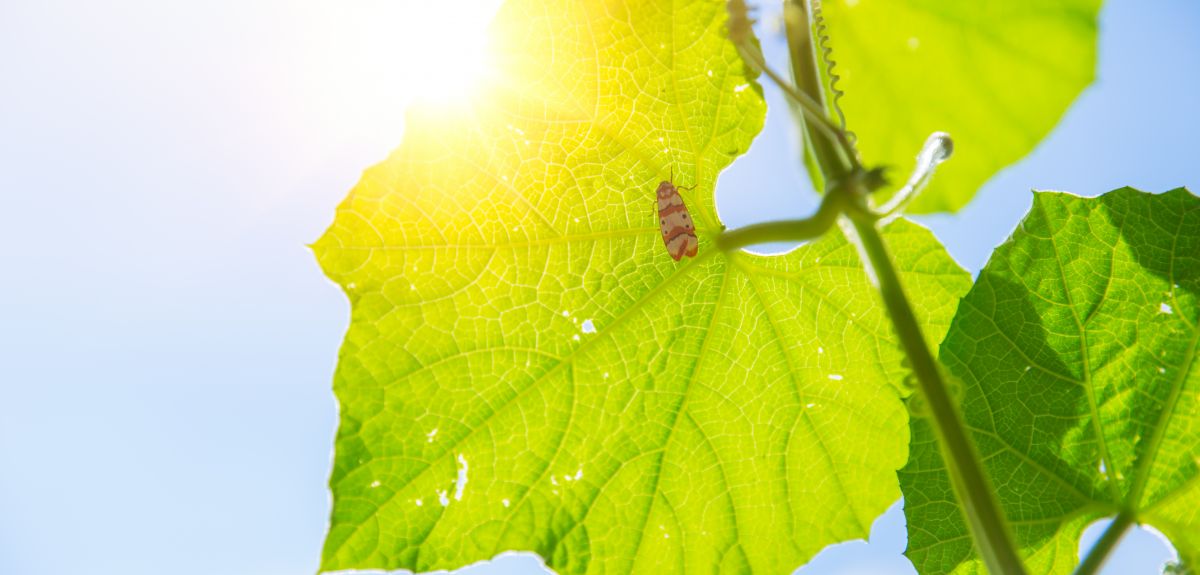There is the famous story of old woman Breanne who was asked by a younger Rose, how she got to be so wise to which Breanne answered, “good decisions.”
“How did you learn to make good decisions?” Rose asked.
“Experience” Breanne replied.
“How did you get the experience” Rose inquired further.
“Bad decisions. Bad decisions!” Breanne responded.
You may have made bad decisions in the past. It does not matter. It is what makes you wise and wiser as long as the bad decision becomes a good teacher…
~ Uwem Umana

There is a famous story of an old woman named Breanne, whose wisdom was admired by many. One day, a young woman named Rose asked her, “How did you get to be so wise?” To which Breanne responded, “Good decisions.” Intrigued, Rose further inquired, “How did you learn to make good decisions?” Breanne simply replied, “Experience.” Puzzled but curious, Rose pressed on, “How did you get the experience?” With a knowing smile, Breanne answered, “Bad decisions. Bad decisions!”
This brief exchange encapsulates a profound truth about the journey to wisdom. Often, it is our mistakes and failures that teach us the most valuable lessons in life. The process of making bad decisions, recognising their consequences, and learning from them is integral to personal growth and the development of sound judgement.
Embracing Mistakes as Learning Opportunities
Many people fear making mistakes, seeing them as signs of failure or inadequacy. However, this perspective overlooks the potential for growth that lies within each misstep. Mistakes are inevitable; they are a natural part of the human experience. What truly matters is how we respond to them.
- Acknowledging Mistakes: The first step towards gaining wisdom from bad decisions is to acknowledge them without denial or defensiveness. Accepting responsibility for our actions allows us to analyse what went wrong and why.
- Reflecting on the Experience: Reflection is crucial in transforming a bad decision into a learning opportunity. By examining the circumstances and our choices, we can identify the factors that led to the undesirable outcome. This understanding is the foundation upon which better decisions are built.
- Adjusting Future Behaviour: Wisdom comes from applying the lessons learned from past mistakes to future situations. This might involve altering our approach, seeking advice, or taking more time to consider the potential consequences of our actions.
The Role of Resilience
Learning from bad decisions requires resilience. It is easy to become disheartened by failure, but resilience enables us to bounce back and continue striving towards our goals. This resilience is often what distinguishes those who grow wiser from their experiences from those who become embittered by them.
- Perseverance: Continuing to make decisions and take actions despite past failures is essential. Each new decision provides another opportunity to apply the lessons learned and to improve.
- Optimism: Maintaining a positive outlook helps us to see mistakes as temporary setbacks rather than permanent failures. This mindset encourages a proactive approach to problem-solving and learning.
- Support Systems: Having a network of supportive friends, family, or mentors can provide encouragement and perspective. They can help us see our mistakes more clearly and offer advice on how to move forward.
Wisdom in Practice
The wisdom gained from bad decisions extends beyond personal growth; it can also benefit others. Sharing our experiences and the lessons learned can help others avoid similar mistakes. This is particularly valuable in professional settings, where collective learning can enhance team performance and innovation.
- Mentorship: Experienced individuals can guide others by sharing their own stories of failure and success. This mentorship fosters an environment where learning from mistakes is valued and encouraged.
- Open Communication: Creating a culture where people feel safe to discuss their mistakes without fear of judgement promotes transparency and continuous improvement.
- Learning Organisations: Businesses and organisations that prioritise learning from both successes and failures are more likely to innovate and adapt effectively to changing circumstances.
Conclusion
The story of Breanne and Rose highlights the essential role that bad decisions play in the journey towards wisdom. Making mistakes is an inevitable part of life, but it is our response to these mistakes that shapes our growth. By acknowledging our errors, reflecting on our experiences, and adjusting our behaviour, we transform bad decisions into valuable lessons. This process requires resilience, optimism, and support from others. Ultimately, the wisdom we gain not only benefits us but also has the potential to positively impact those around us. So, embrace your mistakes, learn from them, and continue to grow wiser with each decision you make.



